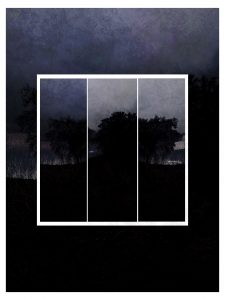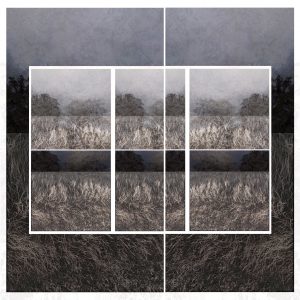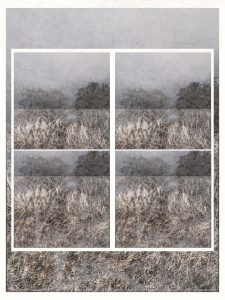TEXTS
Daniel Halpern, ed., The Art of the Story
Susannah Nevison, Lethal Theater
Meg Day, Last Psalm at Sea
Selected stories, poems, and essays on Google Drive

COURSE REQUIREMENTS
Attend class. Two unexcused absences will lead to a reduction in your final grade. Three or more unexcused absences will lead to failure. If you know that you’ll have to miss a class, let me know ahead of time and make arrangements for a classmate to pick up any material distributed in class and to inform you about any assignments.
Turn in assignments on time. Late work will be penalized one letter grade for every day (not every class) that it is late. All work will be submitted via Google Drive or on the class blog. Documents on Google Drive should be named in this manner: YourName.ENCW101.exercise1.docx.
Be prepared for class. You are expected to participate in the discussions in class in a thoughtful, responsible, and energetic manner. It is imperative that you come to class prepared. Read all assignments by the day they are due. Our schedule will no doubt require adjustments as the semester moves forward, but assume we’ll get to whatever’s on the schedule unless I explicitly push back (or forward) an assignment.
Proofread your work. I expect all work to be composed with care and to be free of mechanical errors. Assignments that suggest a lack of substantial effort and those plagued by persistent or egregious errors will be returned for revision and proofreading.
Attend Writers Series events (and other identified arts events) on campus. Please plan ahead so that you can resolve conflicts that you might have with any required readings, lectures, or performances.

ASSIGNMENTS & GRADES:
Weekly blog posts 30%
Creative Exercises (stories, essays, and poems) 30%
Final portfolio 20%
Class participation 20%
COURSE OBJECTIVES:
A writing workshop — what we call, in this course, the literary studio — has a number of purposes. It offers a critical but supportive environment for the apprentice writer, providing an audience that is willing to read, with a careful eye, works that stand to be improved through sustained and repeated revision. It offers an opportunity for discussion of the formal and thematic elements of particular genres – in this case, fiction, poetry, and essays – through the use of both professional and apprentice models. Finally, since the writing workshop addresses how a work is made as well as what that work becomes, it offers an opportunity to explore how experience and imagination are used in creating a work of art.
 An appreciation for literature begins with enthusiasm. By learning to identify what makes a particular text interesting, entertaining, informative, or compelling, you will begin to understand the relation between literary texts and life itself — i.e., how the formal qualities of a particular literary genre may be used by the writer to explore the various subtleties, difficulties, moral dilemmas, and triumphs that are a part of being human.
An appreciation for literature begins with enthusiasm. By learning to identify what makes a particular text interesting, entertaining, informative, or compelling, you will begin to understand the relation between literary texts and life itself — i.e., how the formal qualities of a particular literary genre may be used by the writer to explore the various subtleties, difficulties, moral dilemmas, and triumphs that are a part of being human.
By organizing your thoughts and presenting them to your classmates in your blog posts and in our discussions, you should come to see that literature is comprised of many components, each of which is part of a complex, integrated whole, each of which is available for discussion, analysis, and debate.
Sweet Briar policy regarding disabilities:
Sweet Briar College is committed to upholding and maintaining all aspects of the federal Americans with Disabilities Act of 1990 (ADA), as amended in 2008, and Section 504 of the Rehabilitation Act of 1973. If you are a student with a disability and wish to request reasonable accommodations, please contact the Office of Accessibility Services accessibility@sbc.edu for an appointment. Because many accommodations require early planning, requests for accommodations should be made as soon as possible.